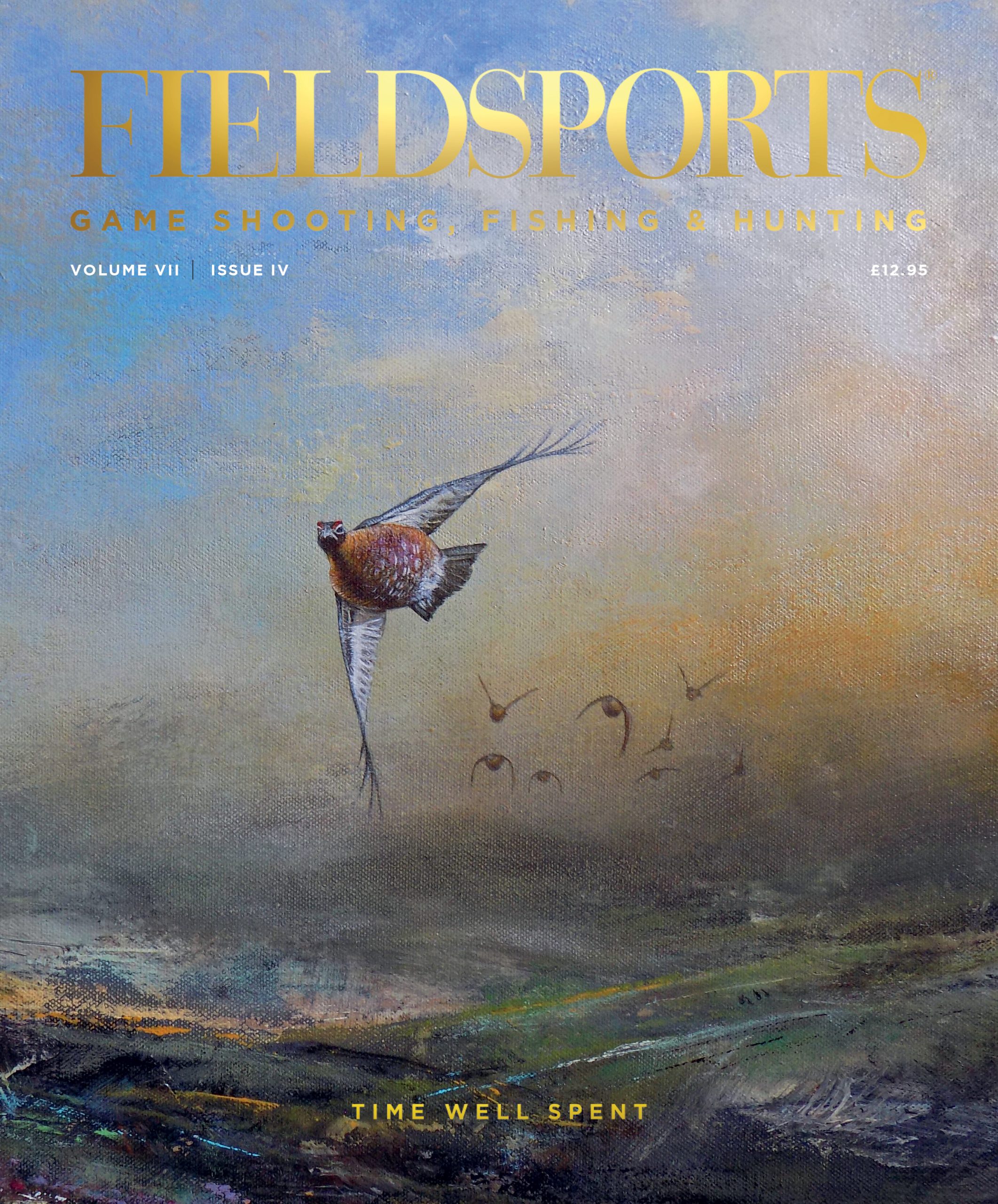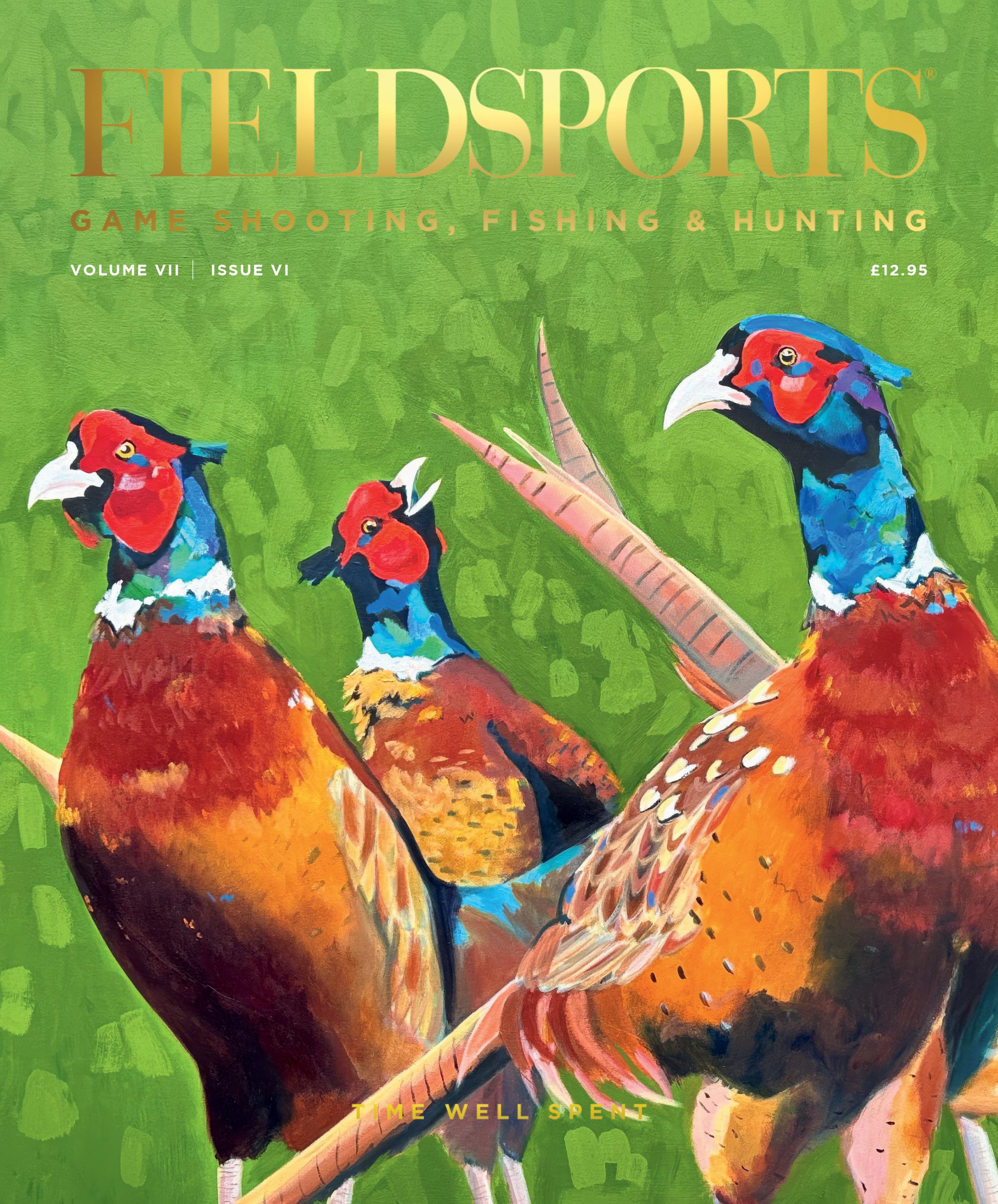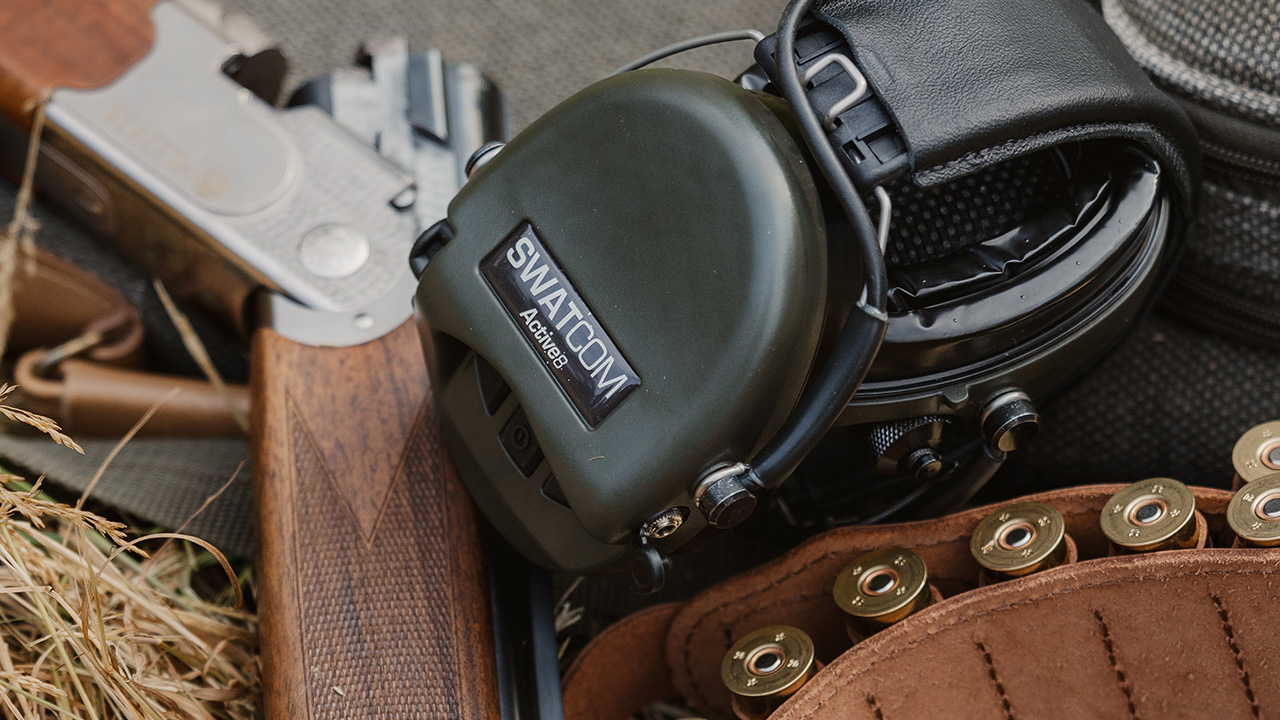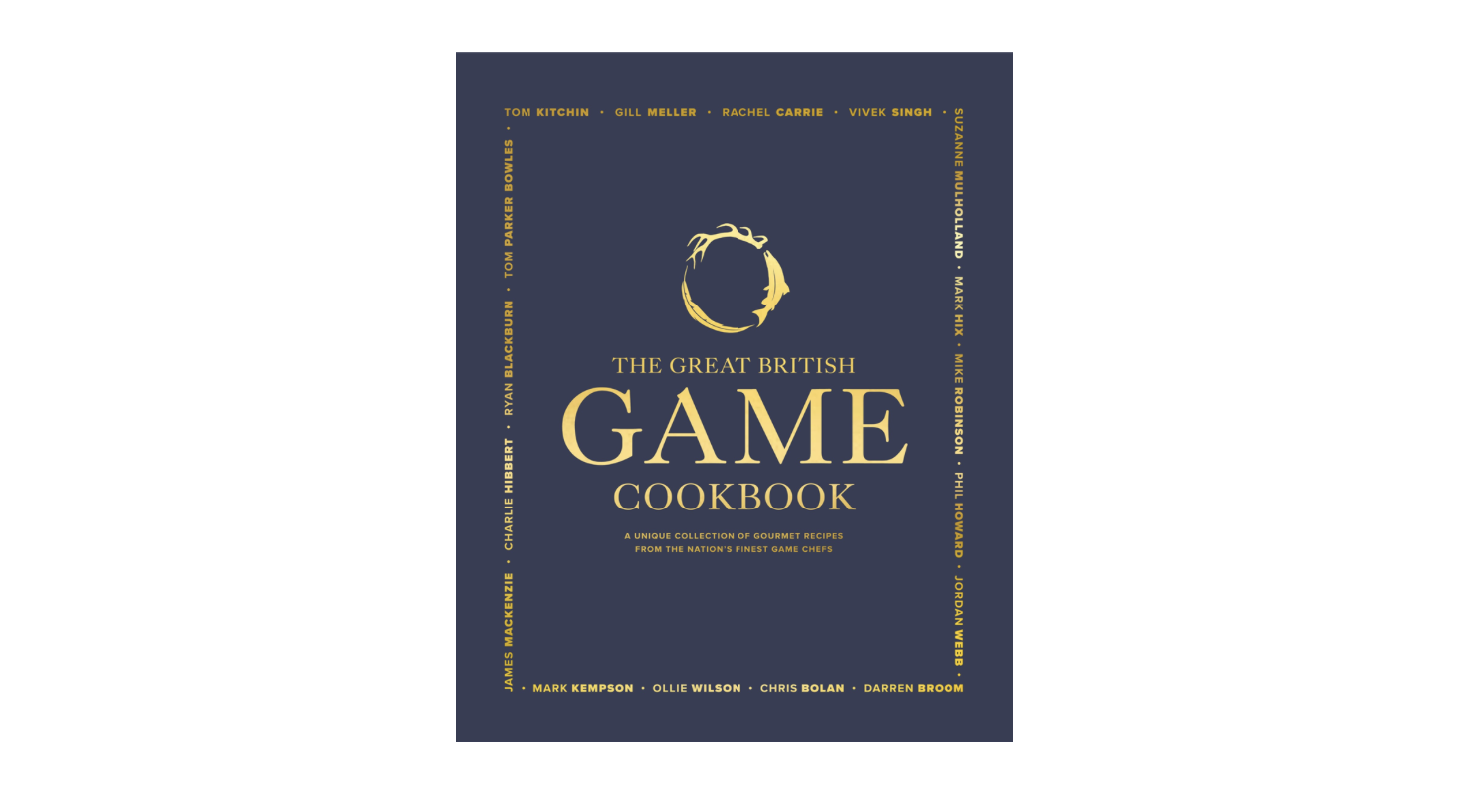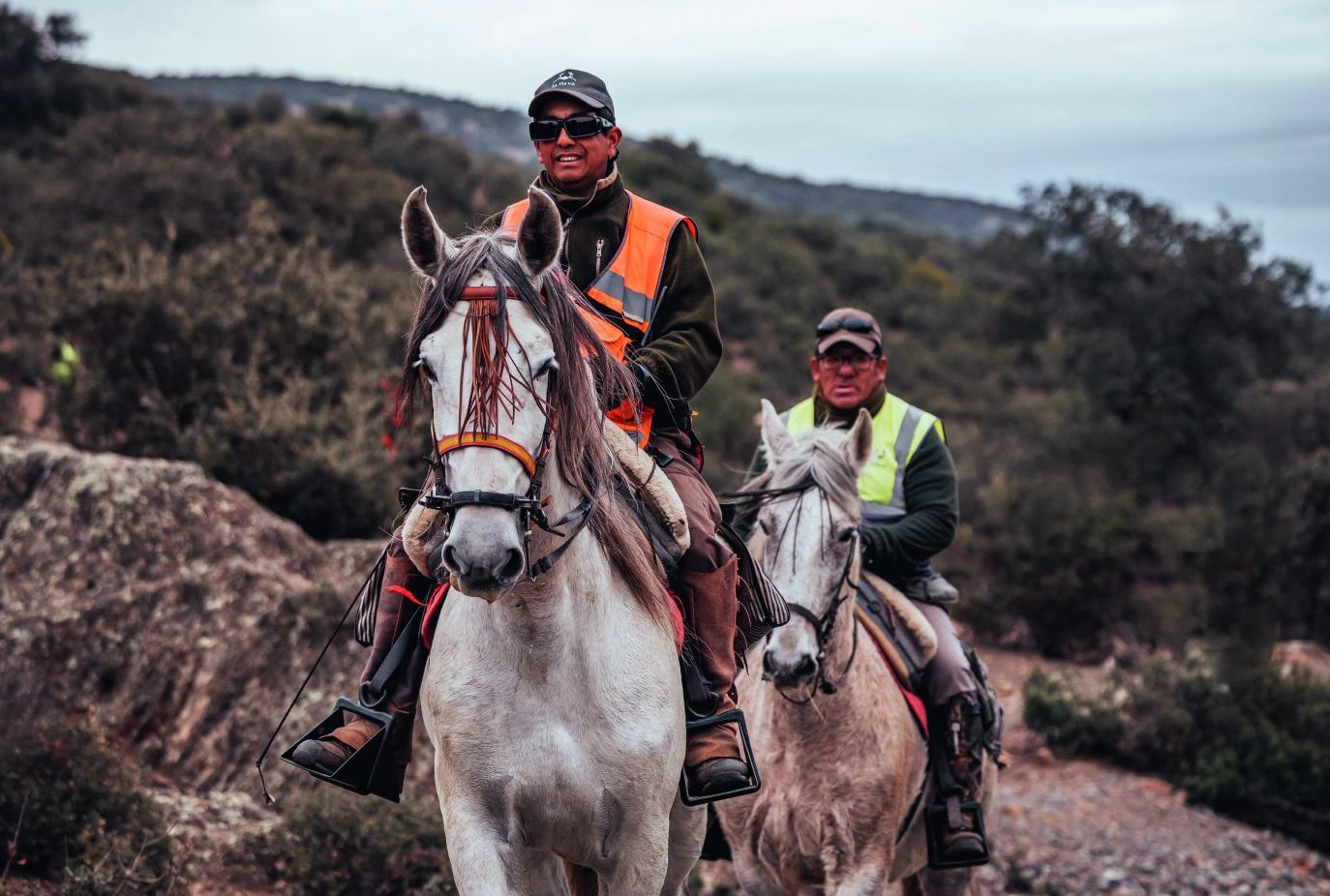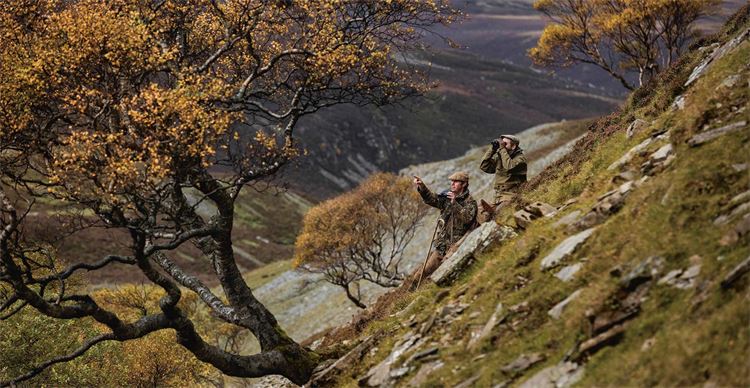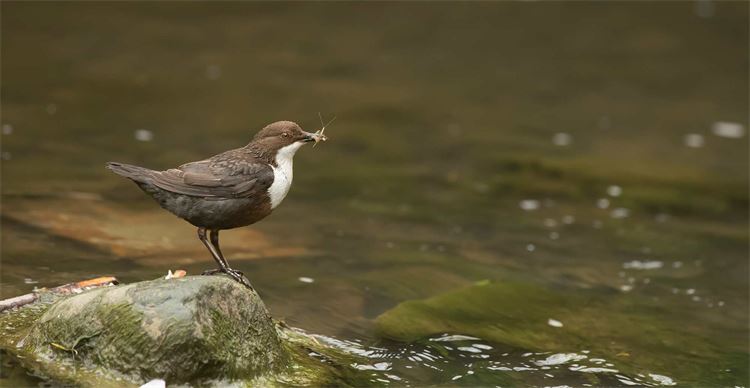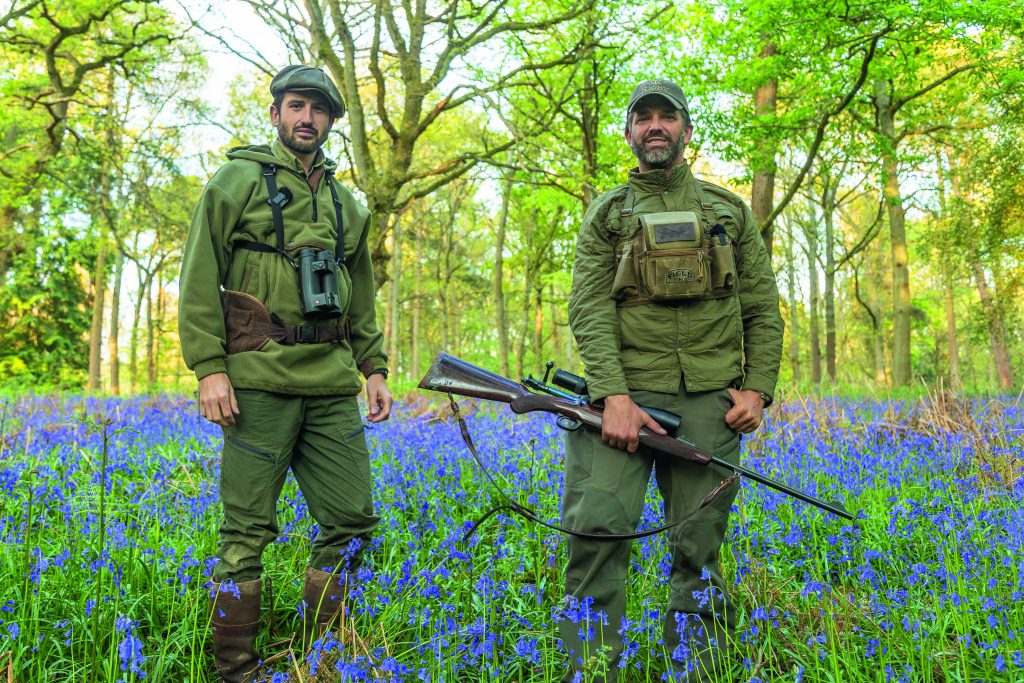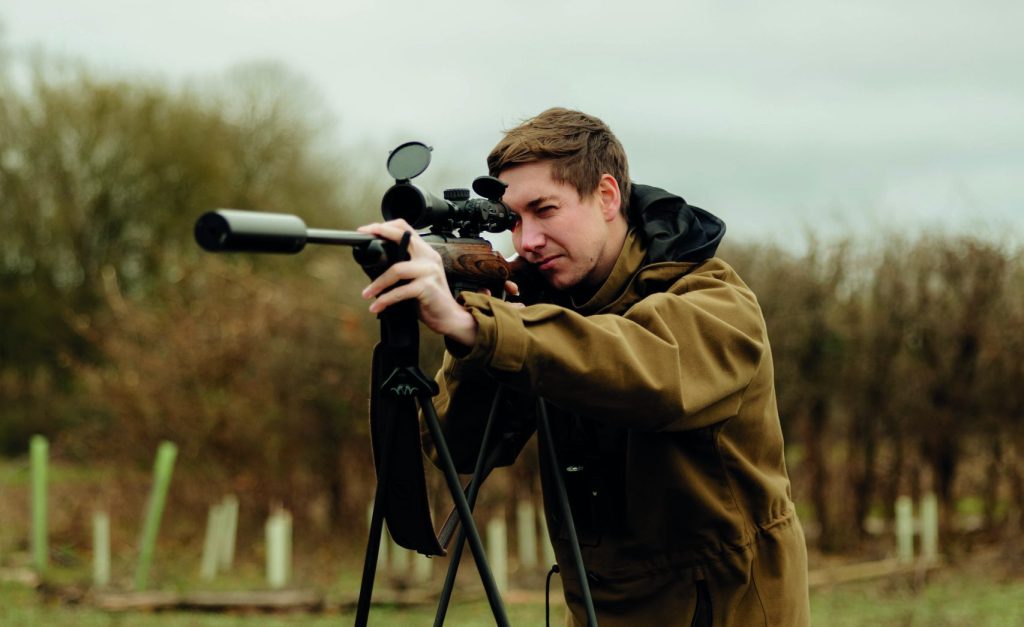Wildlife – a hunter’s view
Fieldsports provide us with a unique view of the natural world – a perspective that, in today’s day and age, has become increasingly important.
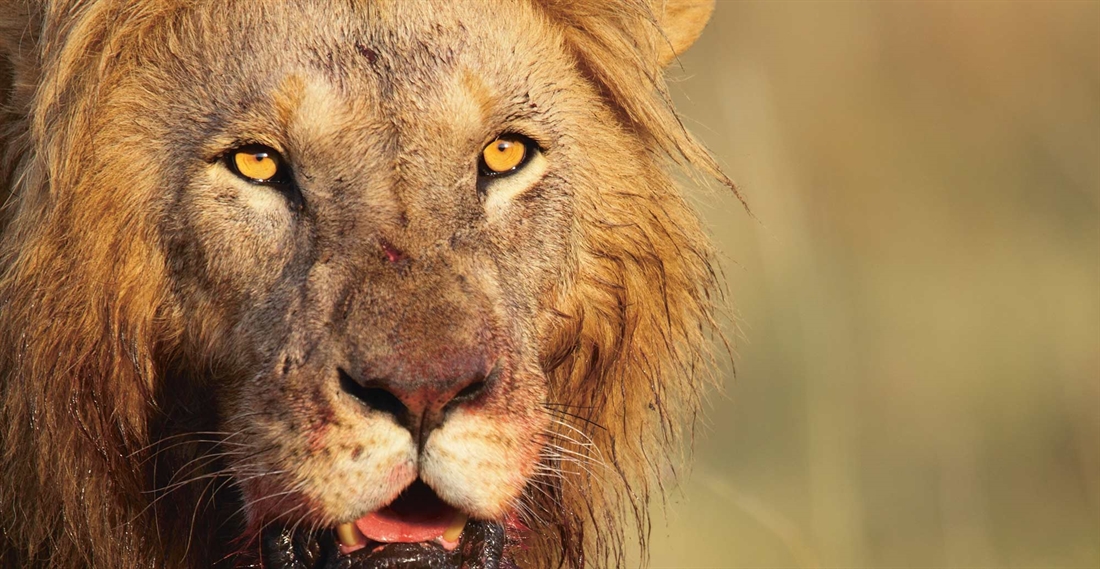
Perspective has never been more important. Without it, a fact can be twisted, manipulated and presented as an explosive soundbite that is at direct odds with the findings of the original research. Tabloid newspaper journalists are brilliant at this – taking information out of context and spinning it into a sensationalist headline that grabs your attention as you pay for your fuel. ‘Too much water kills instantly’ reads a typical headline. But when you read the non-story beneath it you soon realise that it is a piece about the perils of swimming in the sea during storms.
And, of course, the same principle applies to country sports; those who would like to see an end to our way of life will manipulate information to suit their cause, to further alienate an already urbanised population who, through no fault of their own, are more detached from the tooth and claw world of Mother Nature than human beings have ever been.
Because of the sanitised, fluffy view that most people have of the natural world, it is much, much harder for us to convince them that killing any animal with a gun or rifle is acceptable, than it is for a member of PETA to sway them the other way and argue that our sports are barbaric and cruel.
Fieldsports give us a unique and increasingly rare view of the natural world. They provide us with perspective, and not just of nature itself but of our own place in it. Through taking the life of an animal, we learn to understand and accept the finality of death, the natural circle of life and, indeed, our own mortality. We soon realise that we are not the centre of the universe, but a mere species in it, nothing more. That context, that perspective, it changes the way we think about everything.
I once took a woman out on a game drive in a National Park in South Africa who was appalled to discover that there was a .375H&H rifle in my Land Cruiser. I explained that it was for her safety and that without it I would be breaking National Park protocol and could lose my job. She protested. “But we are in their (the animals’) territory. They do not have guns, so we should not need them either.”
She vehemently maintained that there is no legitimate excuse for killing any wild animal with a rifle – ever. “If you are killed by an elephant, then that is your own fault for getting too close,” she argued. “And that is a fate you should be willing to accept if you choose to work in this industry.”
Eventually, she did begrudgingly agree to ignore the rifle and allow me to take her out on the game drive. However, her views changed dramatically on the second day of her safari when we heard a violent fracas behind an acacia thicket. As we got closer, we discovered a horrific scene. Two young male lions had caught a warthog sow, and in the process, it had ended up in a horribly contorted position, its neck twisted, its face pressed into the ground and its front legs trapped beneath its body. Despite the warthog’s blood-curdling squeals, one of the lions had started to feed, having already devoured a large chunk of flesh from its rump whilst the other lion kept it pinned down and occasionally bit its face, for no apparent reason. It was a truly brutal and stomach-churning sight, and I have to admit that I felt very sorry for that poor pig. And so did my guest who, after 10 minutes, simply couldn’t take it anymore.
“Please, Marcus, can you just put that poor warthog out of its misery. Please,” she pleaded. All of a sudden, she saw justification for the use of a rifle, on the grounds that it would be inhumane not to.
It was a hard lesson for that woman to learn. She had lived a pretty sheltered life in the idylls of semirural Buckinghamshire or Berkshire and I guess she had never really considered how cruel Mother Nature can be. Her love of wildlife and view of the natural world had been built on beauty, derived from fluffy BBC wildlife programmes and spectacular coffee table books showing barn owls in nesting boxes, chimpanzees embracing, humpback whales nursing their calves and elephants frolicking at waterholes.
Which is why it was so hard for her to stomach – not only was she distraught at the unimaginable pain and fear that that warthog must have endured, but she was horrified that her understanding of the natural world was apparently so far removed from reality.
Unfortunately, in today’s world, her views are the norm. And it is hardly surprising when you consider how contrived and dramatized wildlife documentaries have become. They no longer show the full picture or give us any real information; they’re designed to entertain, not educate. But in my view, that is wrong. The natural world isn’t a spectacle, it is real, gritty and often cruel, and understanding that is incredibly important.
In the Western world, we who hunt, shoot and fish are a tiny minority, fast becoming a community of outcasts whose views and actions are no longer acceptable to the masses. We are disdained, and yet, it is through the very activities that are so despised that we learn about wildlife, come to understand it, and, somewhat paradoxically, develop a deeper appreciation for it. Country sports also teach us just how pivotal our role is in its management and conservation.
‘I love wildlife’ and ‘I am a wildlife lover’ are statements you hear a lot, but, for a long time now have irritated me, for a number of reasons.
Firstly, in the eyes of most people, ‘wildlife lovers’ and ‘hunters’ are two mutually exclusive things, for how can you possibly love animals and enjoy killing them? Of course, the temptation is to enquire how one can possibly love animals and enjoy eating them, but that fails to properly address the point.
The second reason I dislike the term is because I don’t really know what it means. Does being a ‘wildlife lover’ mean that seeing wildlife makes you happy? Does it mean that you like to do your bit to conserve wildlife, perhaps by donating money to the WWF, the Born Free Foundation or the RSPB? Or, more likely, does it mean that you simply like to look at animals, from a bird hide or through your kitchen window, or in books and television programmes?
The third – and I suspect main – reason I don’t like the term ‘wildlife lover’ is because of the sense of entitlement it tends to come with. Just because you ‘love wildlife’, doesn’t mean that you understand it, nor does it give your opinion on how it should be managed any more gravitas than someone who, frankly, doesn’t give a shit about the natural world.
Ironically, I guess I would class myself as a wildlife lover. I have always been fascinated with the natural world. I was brought up on a farm in South Africa that was home to a plethora of wildlife, from striped field mice, small-spotted genets, Southern masked weavers, Cape robins, puff adders and leguaans, to grey duiker, mountain reedbuck, eland and caracal. My parents bought my brother and I every wildlife reference book they could get their hands on, we had National Geographic’s entire African Wildlife series on VHS tape, and we spent pretty much every other school holiday in Hluhluwe Game Reserve, Mkuzi or Kruger National Park. And when we were at home on the farm, we were simply not allowed indoors during the day, apart from during particularly violent thunderstorms.
By the time I was 16, I could identify over 150 bird species, about 60 different reptiles, and almost all of South Africa’s large mammals. By the time I was 18, I had done several wildlife courses through the Natal Parks Board (now Ezemvelo KZN Wildlife), I knew over 50 bird calls, 150 tree and shrub species (both in English and Latin), more than 30 grasses and could identify a further 150 bird species. My brother was just as obsessed with wildlife, and on rainy days we would often test each other from one of the dozens of reference books that were lying around the house. One week it would be birds, the next trees, mammals or spoor. Our bedroom walls were plastered with pictures of peregrine falcons, servals and Cape buffalo, and our bedside tables and bookshelves were littered with porcupine quills, feathers, skulls, fossils and even animal droppings that we were yet to identify.
But here’s the thing: our father, and our grandfather on my mother’s side were both keen hunters, and we were brought up as hunters. My mother, who is a Perthshire farmer’s daughter, moved to Africa because she was so fascinated with Africa’s wildlife, and yet she encouraged my brother and I to hunt, for she knew that the greatest conservationists she had ever met had all been hunters or advocates of the role that hunting plays in conservation.
Yes, Yuri and I were both wildlife lovers and hunters. And, significantly, even at a young age, it was clear to us that you could be both – there was no conflict of interest. None whatsoever.
But what is most important is the fact that it was hunting (and fishing) that gave Yuri and I (and many of our friends) our true love of wildlife. For it was through fieldsports that we came to really understand and really appreciate the natural world. It was through hunting that we got to actually see how animals interact with each other and how their behaviour is affected by their environment.
When you hunt, you spend 99 per cent of your time observing, watching, listening and learning. We all know that. The pulling of the trigger takes a fraction of a second, and yet the best, most memorable hunts are those that take hours, days or even weeks. And I would argue that this alone is proof that the enjoyment is not derived from the act of killing – it is derived from overcoming adversity, and from being quiet, observing and learning – about our quarry, our environment and, ultimately, about ourselves.
We live in a world that will only become more urbanised, mechanised and computerised, and hence further detached from Mother Nature. And, as a result, we (hunters) will continue to become an ever-smaller minority. But I would argue that as this happens, our perspectives as hunters, and our reliance on observation, on watching and listening – as opposed to posting, broadcasting and preaching – will only become more important, and of greater significance. I truly believe that.
I also believe that if we lose our perspective, we will have lost everything.
Related Articles
Get the latest news delivered direct to your door
Subscribe to Fieldsports Journal
Elevate your experience in the field with a subscription to Fieldsports Journal, the premium publication for passionate country sports enthusiasts. This bi-monthly journal delivers unparalleled coverage of game shooting, fishing and big game across the UK and beyond.
Each issue offers a stunning collection of in-depth features, expert opinions and world-class photography, all presented in a timeless yet contemporary design.
Save 10% on shop price when you subscribe, with a choice of packages that work for you. Choose from Print & Digital or Digital only with each journal delivered directly to your door or via the app every other month, plus access to past issues with the digital back issue library.
